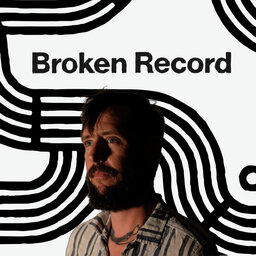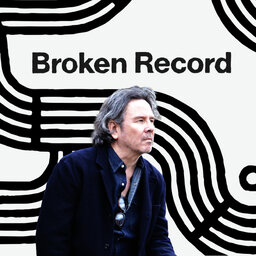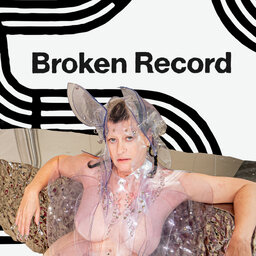Sonny Rollins
Today we’re continuing our celebration of Black Music Month with the incredible jazz legend, Sonny Rollins. Rollins is an American tenor saxophonist and composer who is widely regarded as one of the most influential jazz musicians of all time. Sadly, now at 91 years-old, Rollins no longer plays as a result of pulmonary fibrosis. Fortunately for us though, he's able to look back over an eight-decade career that started at the beginnings of Bebop, and included playing with the Rolling Stones, and performing on stages all over the world.
On today’s episode, Justin Richmond talks to Sonny Rollins about one of his first big gigs in 1949 playing alongside other jazz icons like Bud Powell and Fats Navarro. He also explains why he no longer actively listens to music, and for the first time ever, Rollins talks about how Charlie “Bird” Parker is the reason he kicked drugs.
Subscribe to Broken Record’s YouTube channel to hear all of our interviews: https://www.youtube.com/brokenrecordpodcast and follow us on Twitter @BrokenRecord.
You can also check out past episodes here: https://brokenrecordpodcast.com.
Hear over nine hours of our favorite Sonny Rollins-featured songs HERE.
If you’d like to keep up with the most recent news from this and other Pushkin podcasts be sure to sign up for our email list at Pushkin.fm.
 Broken Record with Rick Rubin, Malcolm Gladwell, Bruce Headlam and Justin Richmond
Broken Record with Rick Rubin, Malcolm Gladwell, Bruce Headlam and Justin Richmond


